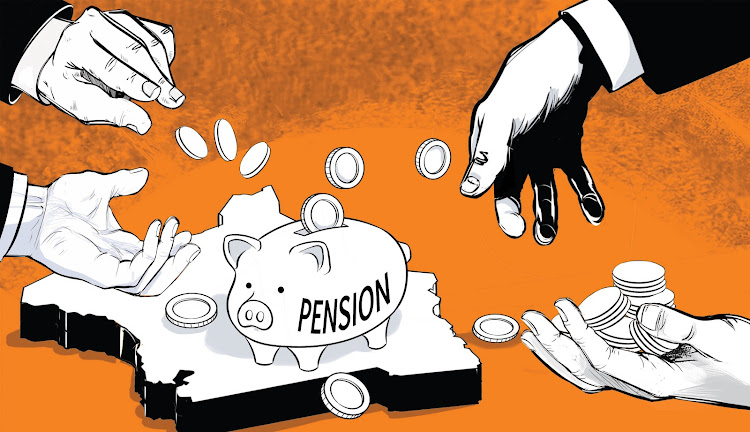The Evolving Media Landscape and Financial Hurdles
In a recent discussion with a colleague about the media industry’s current state and future prospects, we touched on the challenges journalists face amid evolving trends. My colleague shared his success in a profitable venture, urging me to consider the paths of journalists who have retired comfortably after flourishing careers. This conversation underscored the importance of financial preparedness in our profession.
The Necessity of Financial Literacy for Journalists
We both emphasized the importance of saving and dedication to our work. It’s evident that many recent media graduates, brimming with creativity, are entering the field. This new wave of talent often surpasses experienced professionals like myself, who may be entrenched in outdated methods. The reality has set in that the media industry demands more than just attending press conferences and filing stories—it requires a solid understanding of financial stability.
Proposing Financial Literacy Training
Rather than lamenting, I challenge myself, my peers, and media stakeholders to introduce financial literacy courses for journalists. There’s a tale of a journalist who would call for strikes mid-month when funds were low, only to retract once payday arrived. This highlights the dire need for financial literacy alongside journalistic ethics.
Adapting to Economic Shifts in Media
Journalists today face increasing economic pressures as the media landscape shifts. The rise of digital platforms and the decline of traditional print media have brought financial challenges to media organizations. Frequent budget cuts, layoffs, and downsizing have left many journalists uncertain about their financial future and job security.
Challenges for Freelance Journalists
Freelance journalists deal with unique issues, such as irregular income and limited benefits. While some have found innovative ways to manage these challenges, others struggle with financial instability. It’s disheartening to see junior reporters competing with senior editors over appearances and material wealth in some media outlets.
Harnessing Expertise for Financial Literacy
Now is the ideal time to utilize the knowledge of senior and retired journalists to mentor new entrants in financial literacy. These veterans have experienced the industry’s ups and downs, understanding the hardships of financial instability and the joy of significant earnings after long, arduous assignments. Their insights could be invaluable to newcomers.
Creating Support Systems
There has been talk of establishing a Savings and Credit Cooperative for journalists, though it has faced quiet resistance. It’s crucial to push for this initiative more vigorously, even if it means taking legal steps. Such a cooperative could provide much-needed financial stability for journalists.
Looking Forward with Hope
I hope this year brings justice to journalists who persistently expose societal injustices. By advocating for financial literacy and establishing support systems, we can help journalists navigate the financial complexities of the modern media environment. Together, we can ensure a brighter future for the dedicated professionals in our industry.
Conclusion
Providing journalists with financial literacy education is vital for their long-term success and stability. By introducing financial education programs and leveraging the experience of seasoned journalists, we can help the new generation of media professionals thrive amid economic challenges. Let’s take proactive steps to support our community and secure a better future for all journalists.

